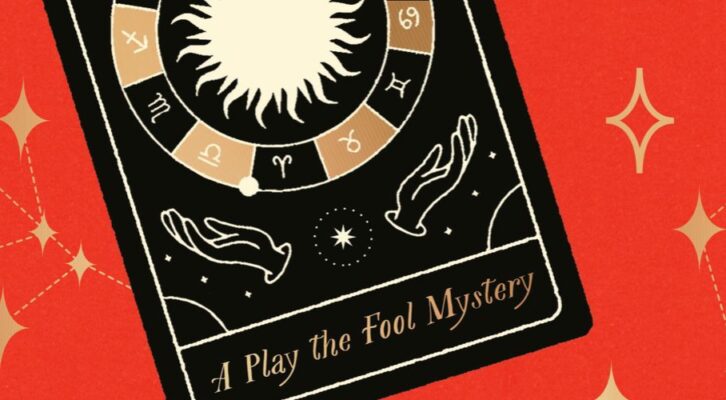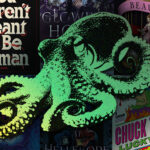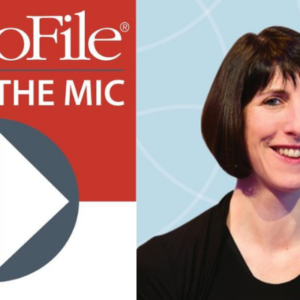Marriage Plots Are Soooo Last Season: 8 Novels About Divorce
Rowan Beaird Recommends James Salter, Katie Kitamura, Taffy Brodesser-Akner, and More
We love to read about people falling in love, so it’s no surprise that starting in the eighteenth century, the marriage plot became the heart of countless novels. Though obviously, that’s not the only reason marriage is a great dramatic device. For centuries, marriage meant economic security and social acceptance, so novels by Jane Austen, Edith Wharton, and Henry James were able to use whether or not a character wed as the ultimate in stake-setting. If Lily Bart doesn’t marry, or if Isabel Archer leaves her husband, they will fall into ruin.
But then, in the middle of the twentieth century, the divorce revolution happened. Thanks to changes in legislation and shifting social mores, divorce rates skyrocketed, leaving us where we are today, with nearly half of marriages dissolving.
Many conservative politicians see this as bad for the moral fabric of our country, and others could make the point that it’s simply bad for the novel. In Jeffrey Eugenides The Marriage Plot, a professor complains, “What would it matter whom Emma [Bovary] married if she could file for separation later?”
But divorce has incredible dramatic potential. My novel, The Divorcées, is set in Reno, Nevada, in 1951, where women and men could separate from their spouses for any reason just by residing in the city for six weeks. This was in contrast to the rest of the country, where divorce for reasons other than infidelity was nearly impossible.
These laws made Reno the “divorce capital of the world” and allowed me to explore divorce as the ultimate inflection point. The women in my novel are living in the moment between “before” and “after,” when they’re trying to decide who they will become separate from their identity as a wife.
Yes, it’s entertaining to watch people come together, but it can be even more fascinating to watch them fall apart. Here are eight books that explore the ends of marriages and the new beginnings that follow.
*

James Salter, Light Years
Salter is definitely a writer’s writer, which at least in his case means that he writes beautiful books in which not that much happens (a major plot point in Light Years is a missing tortoise). Viri and Nedra live a comfortable, Bohemian existence in the Hudson River Valley, and we follow them as they host dinner parties, have affairs, travel to Europe, lose friends and parents, and divorce. This novel is a portrait of their marriage, and explores how love is found and lost.

Katie Kitamura, A Separation
A Separation mines the liminal period when one couple has decided they’re going to separate, but hasn’t yet told their family, and then Kitamura throws in an incredible twist: the husband disappears. It’s a powerful, sparsely written account of what happens when the wife goes in search of him, a rumination on the unknowability of those closest to us.

Michael Cunningham, Day
Some people aren’t ready to read novels about the pandemic, which is completely understandable, but wow, this is a phenomenal one. It’s a beautiful, quiet story of a family told through the same day over three years: April 5 in 2019, 2020, and 2021. A novel about many things, Day depicts the way a married couple can grow and drift away from one another with precision and empathy.

Leo Tolstoy, Anna Karenina
Tolstoy’s classic revolves around the refusal of one party to allow a divorce. Anna desperately wants to separate from her husband so she can begin a new life with her new love, Vronsky, but her husband will not allow it. Anna Karenina is, among many other things, an examination of female desire, and though most people already know its famous ending, arriving there always feels like fresh heartbreak.

Taffy Brodesser-Akner, Fleishman Is in Trouble
This novel by Taffy Brodesser-Akner (who should be contractually obligated to interview every celebrity alive) explores so many things: divorce, dating in the twenty-first century, and entering the murky period of middle age. It’s also somehow a compelling mystery.
Toby Fleishman is undergoing an acrimonious divorce from his wife Rachel, a successful talent agent. One morning, after Rachel unexpectedly drops their children off at Toby’s apartment, she disappears. What follows is an account of Toby’s search for both Rachel and himself.

Jamaica Kincaid, See Now Then
Set in a small Vermont town, See Now Then explores a tale as old as time: a husband divorcing his wife for a younger woman. That being said, nothing about this novel feels staid or predictable. It’s a ferocious, mythical story (the couple’s children are even named Heracles and Persephone), told from multiple viewpoints, about the darkness that lies beneath a picture-perfect marriage.

Nora Ephron, Heartburn
No list of divorce novels would be complete without Nora Ephron’s searing, hilarious, whip-smart book based on the dissolution of her own marriage to Carl Bernstein. Food writer Rachel Samstat is married to Mark Feldman and pregnant with their second child when she discovers he’s having an affair. The description of their divorce that follows is at turns laugh-out-loud funny and heartbreaking. As a bonus, it includes actual recipes in between chapters.

Richard Yates, Revolutionary Road
Yes, technically, no one gets divorced in Revolutionary Road, but god, shouldn’t they have? This novel, set in 1955, is about the marriage of Frank and April Wheeler, a young couple stuck in the suffocating suburbs of Connecticut. It has one of the best first chapters ever written, one in which you instantly understand who April and Frank hoped they’d be and who they’ve instead become.
Over the course of the novel, they fight, fashion escapes, and find themselves incapable of truly communicating with one another, which leads to a tragic close.
______________________________

The Divorcées by Rowan Beaird is available via Flatiron.




















